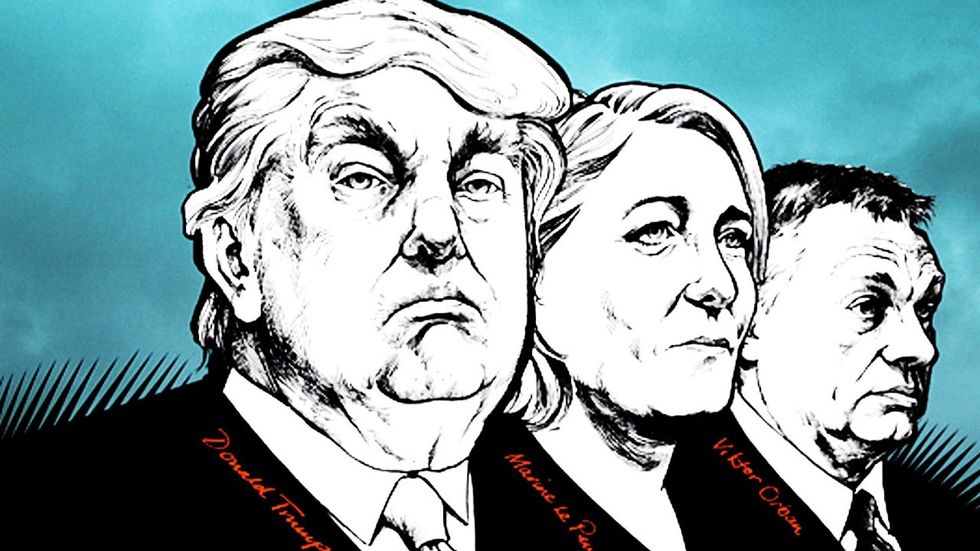An academic article that I have recently read for a sociology class was called Politics as Volknation, by my own Professor Ritchie Savage (awesome Professor by the way) which discuses the idea of populism and in the many ways Donald Trump’s presidency could effect his own business interests beneficially. Based on his selection of the cabinet and then the decision he makes determining his stances, will ultimately give us the roadmap to how the next four years will go. Trumpism is here and yet, it is not the first time Americans have dealt with this situation. Populism is the support, in this case by the government, for ordinary citizens and attempts to solidify the resentment between them and the establishment.
President Trump is a man who has zero filter, no cares and as I said before, not the first of his kind. Like the Commander-in-Chief, The US has faced others who have been known to show the same qualities such as John Quincy Adams, Chester Arthur, and Andrew Jackson. For Adams, his adversaries frequently called him a misanthropist, had no use for party loyalty with his only true stance was with himself and most importantly, known to lack any type of sound judgment. For Arthur, he was one of the first to be elected to the upper echelon of the executive branch without any prior experience. He was doubted and feared due to his new surge of immigration reform (unlike Millard Fillmore, when brought up about the Irish Catholics felt that not only should we block anyone entry, but also deport the ones currently in the US). Jackson on the other hand, like Trump, was independent, and considered fiercely populist at the time. Like the former Presidents, we will get past a President Trump. One could even say that sh*tty presidents are as American as apple pie.
The thing about populism is that it can adapt and flex depending on how it is needed to construe an argument. It is a rhetoric that sets the battle between good vs evil and man vs machine (politically of course). The interest in the populist ideals has developed with increasingly open discontent over the current state of affairs. Maybe it is human instinct or nature that makes it harder to relate to individuals who differ from our own beliefs, and easier to accept what the current “leader” says is proper. The present moderate populists along these lines confront a decision. They can gain from America's populist past, and transform a serious however transient open notion into a persevering political power. Or on the other hand, they can respect the intellectualism and miss the opportunity. Given the enduring results of past populist campaigns, both negatively and positively, it rarely presents itself to state that whatever choice the present populists pick, will help decide the future forms of the conservative society, and of America's political scene.

















